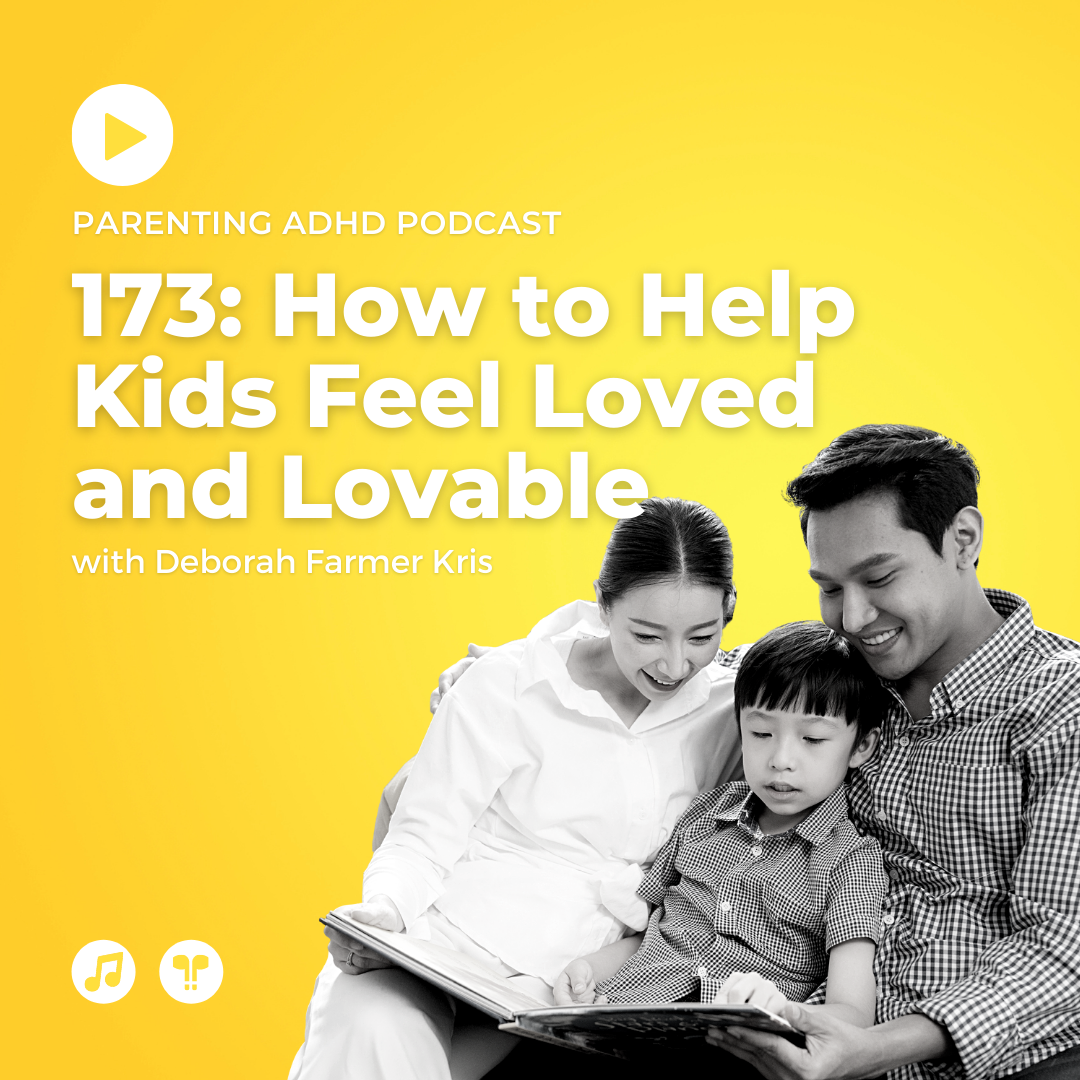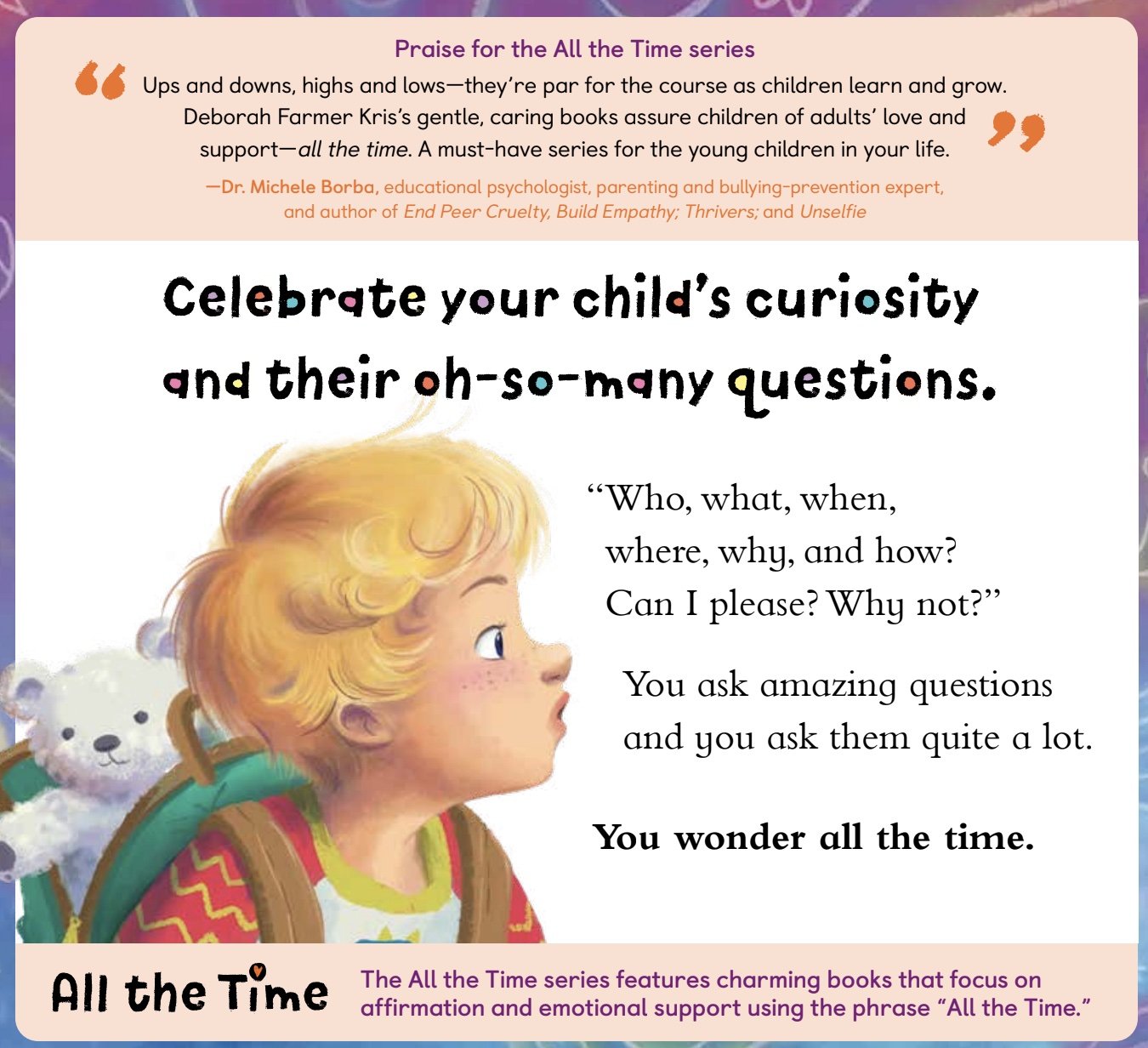The Story of a One-Winged Butterfly
In May 2020, we purchased a butterfly kit and began to raise 5 little caterpillars. What else should one do when the world shuts down?
As the caterpillars hardened into chrysalises, one detached from the lid & fell to the bottom of the jar. My 6-year-old and 8-year-old carefully lifted it up, and it had just enough sticky-stuff on its tail to once again dangle.
A few days later, the fallen creature was the first to begin emerging --but only one wing stuck out. The next day, the rest of the butterflies broke free within moments, stretching their wings.
We waited, wondering if the half-emerged butterfly was dead. Finally, we gently touched that lone hanging chrysalis -- and it began to wiggle and again fell to the ground.
More time passed.
At my son's suggestion, we Googled, "butterfly is having a hard time getting out of chrysalis." After researching (cause apparently this is a thing!) we decided to help it along by making a tiny opening in the shell. And out came a beautiful butterfly with 1 wing and 3 legs.
The kids debated whether we should just raise it in a jar. But as the others drank from the sugar-water sponge, it lay on its side, barely twitching.
The 6yo then suggested that we place it outside so that it could enjoy the sunlight and fresh air for at least a little while.
"That's where butterflies belong. It's what they know," he said.
The 8yo created a nest of maple leaves and purple flowers on the grass and lay the butterfly in this shelter. "I think we should name her 'Faith,'" she said, "because we believed in her."
Sometimes we want to shield kids from discussions of sickness, sadness, and death. But death is part of life. Sadness holds hands with joy.
I recently interviewed Susan Cain about her amazing new book "Bittersweet: How Sorrow and Longing Make Us Whole." When *her* kids had to say goodbye to an animal friend, what helped most was not distractions. It was when she said, "These kinds of goodbyes are a natural part of life. It's not the first time you're saying them, and it's not going to be the last time. Everybody has to say these kinds of goodbyes. It's natural.”
(Image from my book, “You Have Feelings All the Time”)
Tantrum Trials
For my most recent Washinton Post article — “How to Discipline Kids in the Heat of the Moment” — I got to interview five amazing child development specialists: Lisa Damour, Marc Brackett, Melinda Stenner Moyer, Claire Lerner & Natalie Bunner.
What’s a parent to do: Time in? Time out? Time to book a solo trip to a remote island?
Like everything, it depends. I like how The Week summarized my article:
Whichever approach you take, remember that "the teaching aspect of discipline can't happen when a child is emotionally activated." And don't assume that you know what the child is feeling. "The truth is, you have no idea, based on their behavior, what's happening to them psychologically," says Marc Brackett, director of the Yale Center for Emotional Intelligence. So approach the situation not only as a disciplinarian, but also as a "curious explorer" of your child's experience.
Listen In
I love podcasts — TV spots are okay, but you get about 90 seconds to share snippet that you hope sounds . . . not terrible. But I have had the best conversations recently with some amazing podcasters. It’s like going out to coffee with someone new and then discovering all the ways your passions align. Here are three to check out:
Podcast: Parenting in the First Three Years
Anne McKormick and I talked about how to help our very little ones develop their emotional vocabulary in the context of love and security.
Podcast: Overthrowing Education
Host Batshevel Frankel wrote: “In honor of May being Mental Health Awareness Month, I invited longtime educator and author, Deborah Farmer Kris as my guest to offer organic and meaningful ways to integrate SEL through cultivating awe, generating play-based learning, and other seamless paths. This is also a great episode for parents, so please pass it on!”
Podcast: Parenting ADHD
Episode 173: How to Help Kids Feel Loved and Loveable
One audience that was in my heart when I wrote "I Love You All the Time" was neurodivergent kids and their parents. With so many voices saying:
"Why are you . . . ?"
"Where is your . . . ?"
"Can't you just . . . ?"
-- these wonderful kids need explicit validation that they are loved and lovable just the way they are.
So grateful that the amazing Penny Williams saw this in my book, too, and invited me on her "Parenting ADHD" Podcast.
Wonder!
Feeling super grateful for two new endorsements of my next book, “You Wonder All the Time” — due out July 26 and available for pre-order now.
“The questions in this book are priceless, and the illustrations bring wonder to life.” -- Warren Berger, author of A More Beautiful Question
Cheers,
Deborah Farmer Kris
www.parenthood365.com



